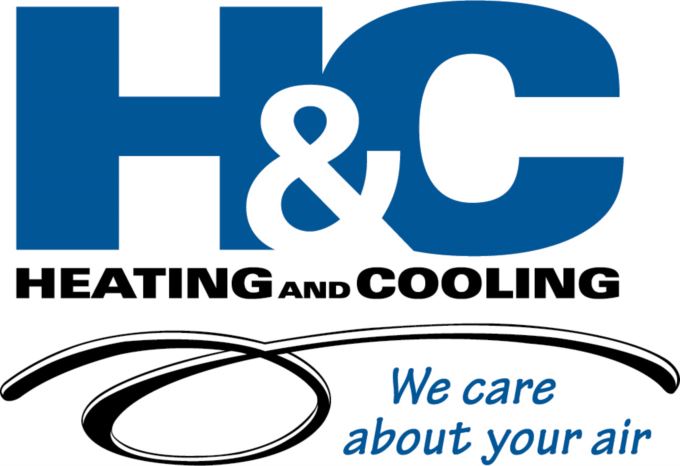
We spend a lot of time in our homes. As a matter of fact, the Environmental Protection Agency (EPA) has approximated being indoors makes up 90% of our schedule. Having said that, the EPA also has found your indoor air can be three to five times worse than outdoors.
That’s because our residences are firmly sealed to increase energy efficiency. While this is great for your energy costs, it’s not so fantastic if you’re among the 40% of the population with respiratory allergies.
When outdoor ventilation is insufficient, pollutants such as dust and volatile organic compounds (VOCs) can get captured. As a result, these pollutants might worsen your allergies.
You can boost your indoor air quality with clean air and regular housework and vacuuming. But if you’re still struggling with symptoms while you’re at your house, an air purifier might be able to provide assistance.
While it can’t eliminate pollutants that have gotten trapped in your furnishings or flooring, it might help clean the air moving across your residence.
And air purification has also been scientifically proven to help lessen some allergic symptoms, according to the American College of Allergy, Asthma and Immunology. It can also be helpful if you or a family member has a lung condition, including emphysema or COPD.
There are two models, a portable air purifier or a whole-home air purifier. We’ll go over the distinctions so you can determine what’s right for your residence.
Whole-House Air Purifier vs. Portable Air Purifiers
A portable air purifier is for one room. A whole-house air purifier works with your heating and cooling system to treat your complete residence. Some models can purify independent when your heating and cooling equipment isn’t operating.
What’s the Best Air Purifier for Allergies?
Go after an option with a High Efficiency Particulate Air (HEPA) filter. HEPA filters are installed in hospitals and provide the greatest filtration you can get, as they eliminate 99.97% of particles in the air.
HEPA filters are even more beneficial when installed with an ultraviolet (UV) germicidal light. This dynamic combination can destroy dust, dander, pollen and mold, all of which are common allergens. For the best in air purification, consider equipment that also has a carbon-based filter to reduce household odors.
Avoid buying an air purifier that generates ozone, which is the top ingredient in smog. The EPA warns ozone could irritate respiratory issues, even when discharged at minor settings.
The Allergy and Asthma Foundation of America has made a checklist of questions to ask when buying an air purifier.
- What can this purifier take out from the air? What doesn’t it extract?
- What’s its clean air delivery rate? (A better number means air will be cleaned more quickly.)
- How regularly does the filter or UV bulb need to be replaced]? Can I complete that by myself?
- How much do new filters or bulbs cost?
How to Lessen Seasonal Allergy Symptoms
Want to get the {top|most excellent|best] performance from your new air purification equipment? The Mayo Clinic advises doing other procedures to decrease your exposure to things that can trigger seasonal allergies.
- Stay indoors and keep windows and doors shut when pollen counts are heightened.
- Have other household members mow the lawn or pull weeds, since these jobs can irritate symptoms. If you are required to do these jobs alone, consider using a pollen mask. You should also bathe immediately and put on new clothes once you’re finished.
- Avoid drying laundry outside your home.
- Use your air conditioner while indoors or while in the car. Consider adding a high efficiency air filter in your house’s HVAC system.
- Balance your home’s humidity saturation with a whole-house dehumidifier.
- Hardwood, tile or linoleum are the best flooring types for decreasing indoor allergens. If your house has carpet, install a HEPA filter on your vacuum cleaner.
Let Our Specialists Manage Your Indoor Air Quality Necessities
Ready to progress with getting a whole-house air purifier? Give our experts a call at 301-235-2937 or contact us online to schedule an appointment. We’ll help you locate the right unit for your home and budget.
